Description
Finca Adolfo’s Honey Process Coffee
Finca Adolfo’s honey-process coffee is a naturally sweet, fruit-forward microlot produced by third-generation grower Bryan Adolfo Bautista Zelaya at his family farm in Musula, Marcala, Honduras. Established originally by his father and grandfather, the farm spans 11 hecatres of coffee and 1 hectare of protected forest springhead.
Using honey processing, the cherries are depulped but retain their mucilage as they dry—typically on solar or raised beds—and are turned regularly. This method produces a cup profile known for vibrant acidity with caramelized sugar body and notes of tamarind, pineapple, grapefruit, hibiscus, and red fruits, scoring around 86–86.5 SCA points. Bryan has diversified varietals beyond Lempira to include Catuai, Bourbon, Gesha, Pacamara, Parainema, and Typica, and employs innovative fermentation techniques, including anaerobic methods, refined with the aid of IHCAFE and international coffee processing experts.
Bryan’s tight quality-control protocol includes drying to roughly 10–11% moisture, then milling, cupping, and exporting microlots under his family’s traceable “Finca Adolfo” label. The honey-process lot stands out for its balanced brightness, floral-fruity clarity, and environmental care—backed by organic practices and the conservation of on-farm ecosystems .
Coffee Production in Honduras: A General Overview
Honduras is one of the world’s top producers of Arabica coffee, ranking among the top 7 globally and the leading exporter in Central America. Annual output reaches around 6 – 7 million 60‑kg bags—roughly 5–6% of global production. Coffee accounts for about 20–30% of Honduras’s agricultural GDP and supports over 120,000 farming families and about 1 million rural workers.
The growing regions are characterized by mountainous terrain, high altitudes (1000–1750 m), volcanic and fertile soils, and tropical highland climates—and these create prime environments for Arabica cultivation. Major coffee regions include Copán, Montecillos, Comayagua, El Paraíso, Agalta, and Opalaca. Production is overwhelmingly smallholder-driven, with about 95% of producers managing farms averaging roughly 2 hectares or less (typically <7 hectares). Agriculture is largely shade-grown to support biodiversity and quality. Crop management includes selective hand-picking, pruning, renovation of older plantations, and disease/pest control—especially against Coffee Leaf Rust (Hemileia vastatrix) and the Coffee Berry Borer.
Coffee varieties grown include Bourbon, Caturra, Catuai, Typica, Pacas, plus IHCAFE-developed hybrids Lempira, IHCAFE-90, and disease-resistant Parainema—some competing in Cup of Excellence contests. Post-harvest processing is predominantly the washed (wet) method via large cooperative wet mills. However, specialty micro-lots now include honey, natural, and extended fermentation methods.
Research and institutional support is led by IHCAFE (Instituto Hondureño del Café), established in 1970. It supports farmer technical assistance, input access, low-interest loans, farm renovation, and climate-smart initiatives. Honduras also hosts regional plant breeding and World Coffee Research trial stations. Major markets for Honduran coffee include the U.S., Germany, Belgium, Italy, Canada, and rising demand from South Korea. EU regulations on deforestation traceability pose challenges.

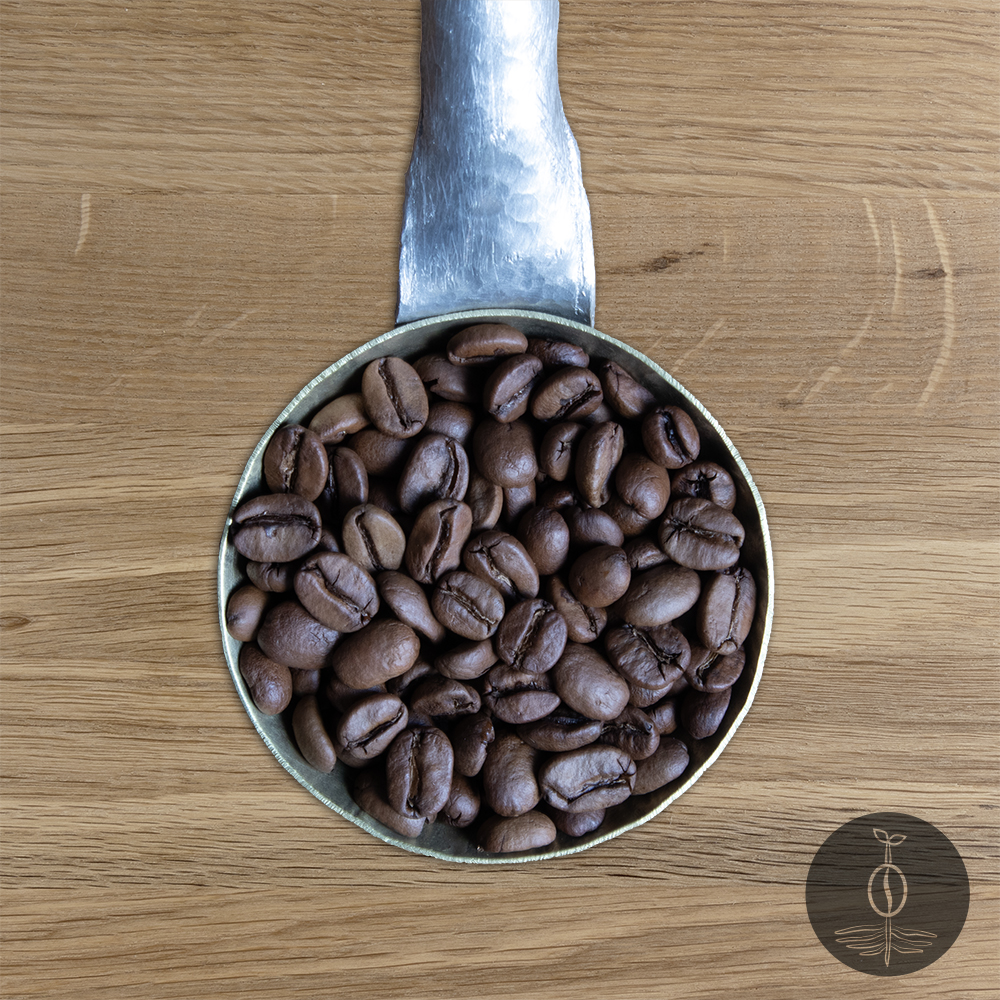
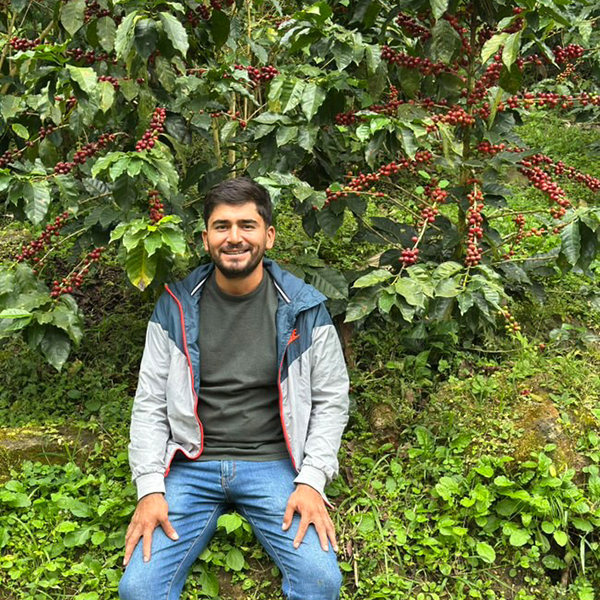
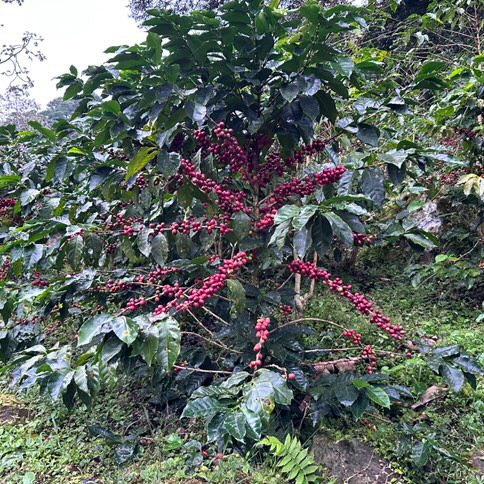
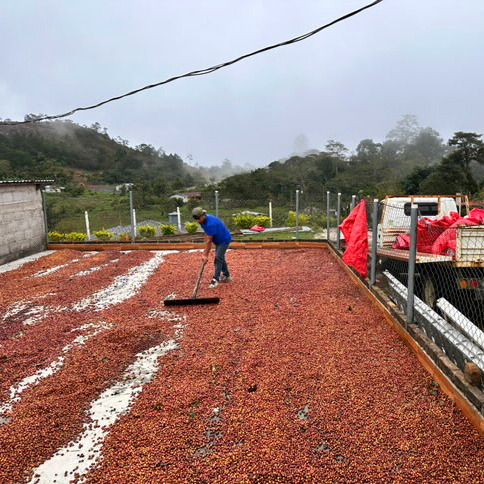
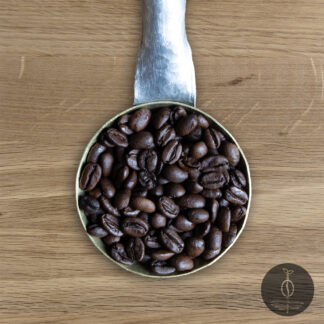
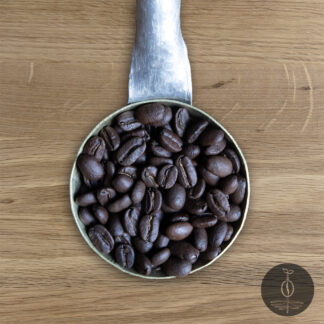
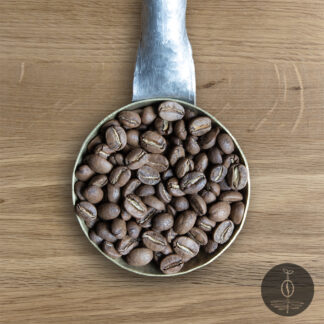
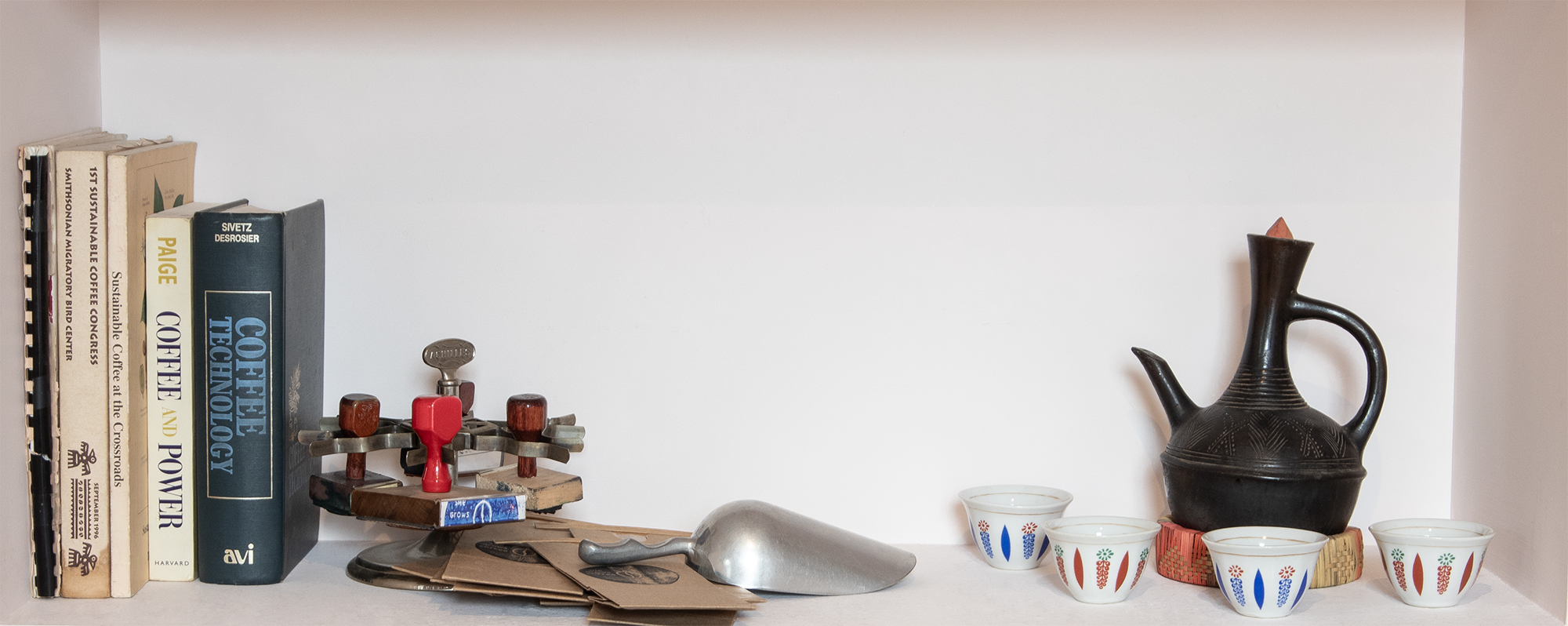
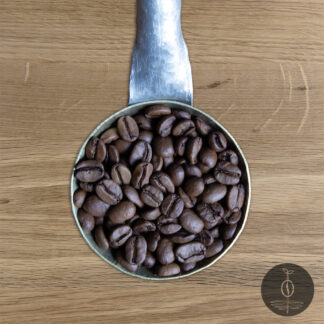
Reviews
There are no reviews yet.